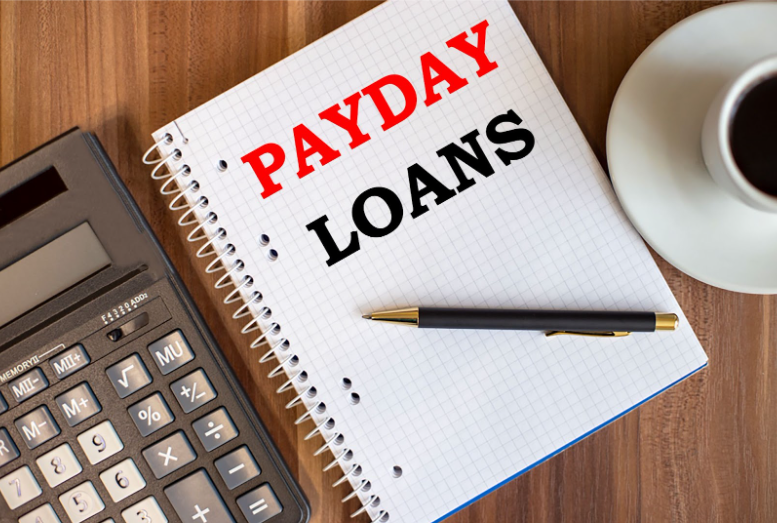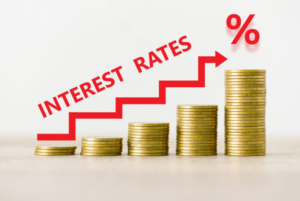
Payday Loans: Are They Your Friend or Foe?
Payday loans are a quick-fix solution when you’re strapped for cash. The idea of getting money now and paying it back on your next payday seems convenient. But are these loans truly as beneficial as they sound? A closer look often reveals a different story. Do they offer a much-needed service for those with no other options, or are they simply a debt trap waiting to ensnare vulnerable consumers? This article aims to unravel the mystery of payday loans to help you understand whether they are your friend or foe.
What Are Payday Loans?
Payday loans are small, short-term, unsecured loans that are typically due on the borrower’s next payday. Their main appeal is their accessibility—most payday lenders require little proof of income and a valid bank account. These loans are designed to bridge the gap between paychecks, providing relief for those who may not have access to other forms of credit.
How Do Payday Loans Work?
The mechanics of a payday loan are simple. Borrowers must provide a post-dated check or direct debit authorization to the lender for the loan amount, plus fees. The lender, in turn, provides the cash. On the agreed-upon date, usually the borrower’s next payday, the lender cashes the check or debits the account for the total loan amount.
The Attraction of Payday Loans
Immediate Access to Cash
One of the most compelling advantages of payday loans is the speed with which funds are made available. Many payday lenders can provide the borrowed funds within hours, making them an enticing option in times of urgent financial need.
Few Requirements
As compared to traditional bank loans, payday loans require little paperwork. A steady income and an active bank account are the primary requisites. This lack of stringent requirements makes payday loans an attractive option for those with poor or non-existent credit histories.
The Downsides of Payday Loans
High-Interest Rates

Despite their convenience, payday loans come with a substantial cost. Their annual percentage rates (APRs) can exceed 400%, vastly higher than most other forms of credit. This high cost can result in an unsustainable financial burden for many borrowers.
Short Repayment Terms
Another drawback is the short repayment term, typically two weeks. This brief period can make it challenging for borrowers to accumulate enough funds to repay the loan in full, leading to rollovers or additional loans.
Rollovers and Continuous Borrowing
The downside of high-interest rates and short repayment terms is the propensity for borrowers to fall into a cycle of debt. When borrowers can’t repay their loan, they ma ‘roll over’ the loan, resulting in additional fees and escalating debt.
Long-Term Financial Implications
The long-term effects of payday loans can be devastating. Continuous borrowing can lead to unmanageable debt levels and significant financial distress. Even worse, unpaid payday loans can result in court judgments, wage garnishments, or the seizure of property.
Payday Loans and Credit Ratings
Payday loans may seem like a solution for those with bad credit, but they don’t help improve credit scores. Payday lenders won’t report on-time payments to credit bureaus, meaning your responsible borrowing won’t help build a credit history. Meanwhile, unpaid payday loans can harm your credit if the debt is sold to a collection agency.
Alternatives to Payday Loans
There are safer and less costly alternatives to payday loans. These include:
Credit Unions
Credit unions often offer small, short-term loans at much lower interest rates than payday lenders.
Personal Loans
While personal loans have more stringent lending criteria, their interest rates and repayment terms are generally more favourable than those of payday loans.
Credit Cards
Although not ideal for long-term borrowing, the interest rates on credit cards are often significantly lower than those on payday loans.
Building Healthy Financial Habits
Regardless of your financial situation, cultivating healthy habits can help prevent the need for payday loans. This includes budgeting effectively, establishing an emergency fund, and managing credit responsibly.
When to Seek Professional Help

If payday loans or other high-interest debt have become unmanageable, professional help is available at EmpireOne Credit. Credit counsellors can provide advice on budgeting and debt management. Debt consolidation may also be an option, providing a way to combine multiple debts into a single, more manageable payment.
Conclusion
While payday loans may seem like an appealing option for quick cash, it’s essential to understand the potential drawbacks. High-interest rates, short repayment terms, and the risk of falling into a cycle of debt make them a potentially dangerous financial tool. By understanding these risks and exploring alternatives, you can make more informed decisions about managing your finances.
If you are already overwhelmed with debt from payday loans, credit cards, and others, you need help. At EmpireOne Credit, we’re ready to provide the guidance and support you need, ensuring that your finances can get back in shape. Your debt could be reduced by up to 80% and interest will stop immediately. Call us at (416) 900-2324 to schedule a free consultation. Debt-free feels good!





